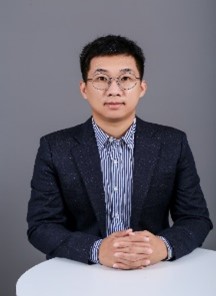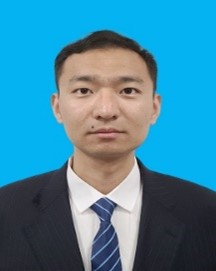Special Session III
"Virtual Power Plant with Enormous Flexible Distributed Energy Resources"
In the context of the "two-carbon" goal and the establishment of a new power system, the pace of energy replacement on the consumption side is accelerating. Massive, diverse, and dispersed distributed resources continue to emerge. The virtual power plants (VPPs) with enormous flexible distributed energy resources constitute a crucial technical pathway for achieving supply-demand matching and efficient operation in the new power system.
However, the current interactive control of VPPs with enormous flexible distributed energy resources confronts numerous technical challenges. Additionally, market-oriented operation and business models require refinement. These factors impede the full exploration and utilization of the potential inherent in distributed flexible resources. There is an urgent need to research and implement key technologies such as dynamic aggregation and trusted quantification of distributed resources, delay control and information protection, cooperative regulation, security control, and market mechanisms along with transaction technology.
To consolidate industry research outcomes and focus on the interactive regulation mechanism of VPPs with enormous flexible distributed energy resources, this special session aims to provide a communication platform for researchers, scientists, and engineers to share VPPs with enormous flexible distributed energy resources, and will foster knowledge exchange and promote further advancements in this field.
Submission Method
Please submit your paper via https://www.zmeeting.org/submission/pset2026. Please make sure you've registered an account first.
Topics:
Organizers
 |
Hongchao Gao is currently an assistant researcher at the State Key Laboratory of Power System Operation and Control of China (Department of Electrical Engineering, Tsinghua University). He worked with the Global Energy Research Institute of State Grid, China, until 2019. His research interests include virtual power plants, local energy systems and microgrids. He has undertaken two National Key Research and Development Program of China, and participated in the preparation of the International Technical Standard for IEC Virtual Power Plants (IEC 63189-2). In the past three years, he was rewarded three scientific awards, including the first prize of the China Electric Power Science and Technology Award. As a guest editor, he organized special issues on "Virtual Power Plants" are organized in multiple Chinese top journals and was honored as an excellent reviewer in 2023. As the main creator participating in the research and development of the virtual power plant intelligent control platform, it has been applied in Zhangjiakou Winter Olympics Village, providing technical support for 100% clean power supply for the Beijing Winter Olympics. The related technological achievements have supported the construction and industrial development of virtual power plants in seven provinces in China. |
 |
Xuguang Hu , lecturer of Northeastern University, Master supervisor, His main research content is intelligent modeling, data analytics and status awareness of energy system. He has presided over National Natural Science Foundation of China and horizontal projects of companies such as State Grid Corporation of China. As the first/corresponding authors he published over 20 papers in IEEE Transactions and excellent journals, and 5 ESI highly cited papers. Moreover, he won 3 provincial level awards and 2 international invention exhibition gold awards. The published monograph as a series of books on China's energy revolution and advanced technology, was selected for the special plan for the publication of national key books during the 14th Five Year Plan period. The relevant technological transformation achievements have supported the construction and industrial development of energy system in 7 provinces in China. He serves as the secretary of the secretary of the Energy Internet Professional Committee of Chinese Society of Automation, and the Vice organizational committee chairman of the International Conference on Cyber-energy Systems and Intelligent Energies. |
